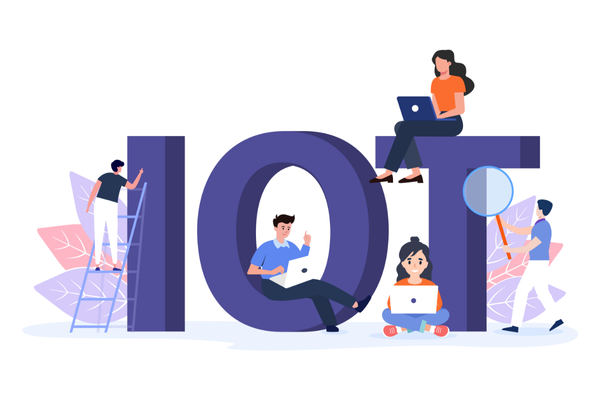The Expanding Universe of IoT: Revolutionizing Our World
Category: 5G Technology
Introduction:
The Internet of Things (IoT) has been a buzzword for several years, but its true potential is only now being realized. As IoT continues to expand, it is transforming various sectors, enhancing efficiency, and paving the way for innovative solutions to some of the world’s most pressing challenges. In this article, we will explore the current state of IoT, its impact across different industries, the challenges it faces, and its future potential.
Understanding IoT
At its core, the Internet of Things refers to the interconnection of everyday objects to the Internet, allowing them to send and receive data. These "things" can range from household items to industrial machinery and healthcare devices.
Key Components of IoT
- Sensors: These are the devices that collect data from their environment & can measure various parameters such as temperature, humidity, light, motion, and more. They are crucial for gathering the raw data needed for IoT applications.
- Connectivity: The data collected by sensors needs to be transmitted to a central location for processing. This is where connectivity comes in. IoT devices use various communication protocols like Wi-Fi, Bluetooth, Zigbee, and cellular networks to stay connected.
- Data Processing: Once the data is transmitted, it must be processed and analysed. This can happen locally on the device or on a remote server. Data processing is where the raw data is turned into actionable insights.
- User Interfaces: The processed data is then presented to users through interfaces like mobile apps, dashboards, or other software applications. These interfaces allow users to monitor and control their IoT devices.
Impact of IoT Across Every Industry:
- The Future of IoT: The future of IoT is incredibly promising, with new applications and innovations on the horizon. Here are some trends to watch out for:
- 5G Connectivity: The rollout of 5G networks is set to revolutionize IoT. With faster speeds, lower latency, and greater capacity, 5G will enable more devices to connect and communicate seamlessly.
- Enhanced Performance: 5G will enable real-time communication between IoT devices, making applications like autonomous vehicles and remote surgery feasible.
- Scalability: 5G will support a massive number of connected devices, making it possible to scale IoT solutions for smart cities, industrial automation, and more.
Conclusion:
IoT is transforming various sectors and driving significant advancements in efficiency and innovation. Despite the challenges it faces, the future of IoT is bright, with emerging technologies like 5G, AI, edge computing, and blockchain set to further enhance its capabilities. As IoT continues to evolve, it will undoubtedly play a pivotal role in shaping the future of technology and society.
